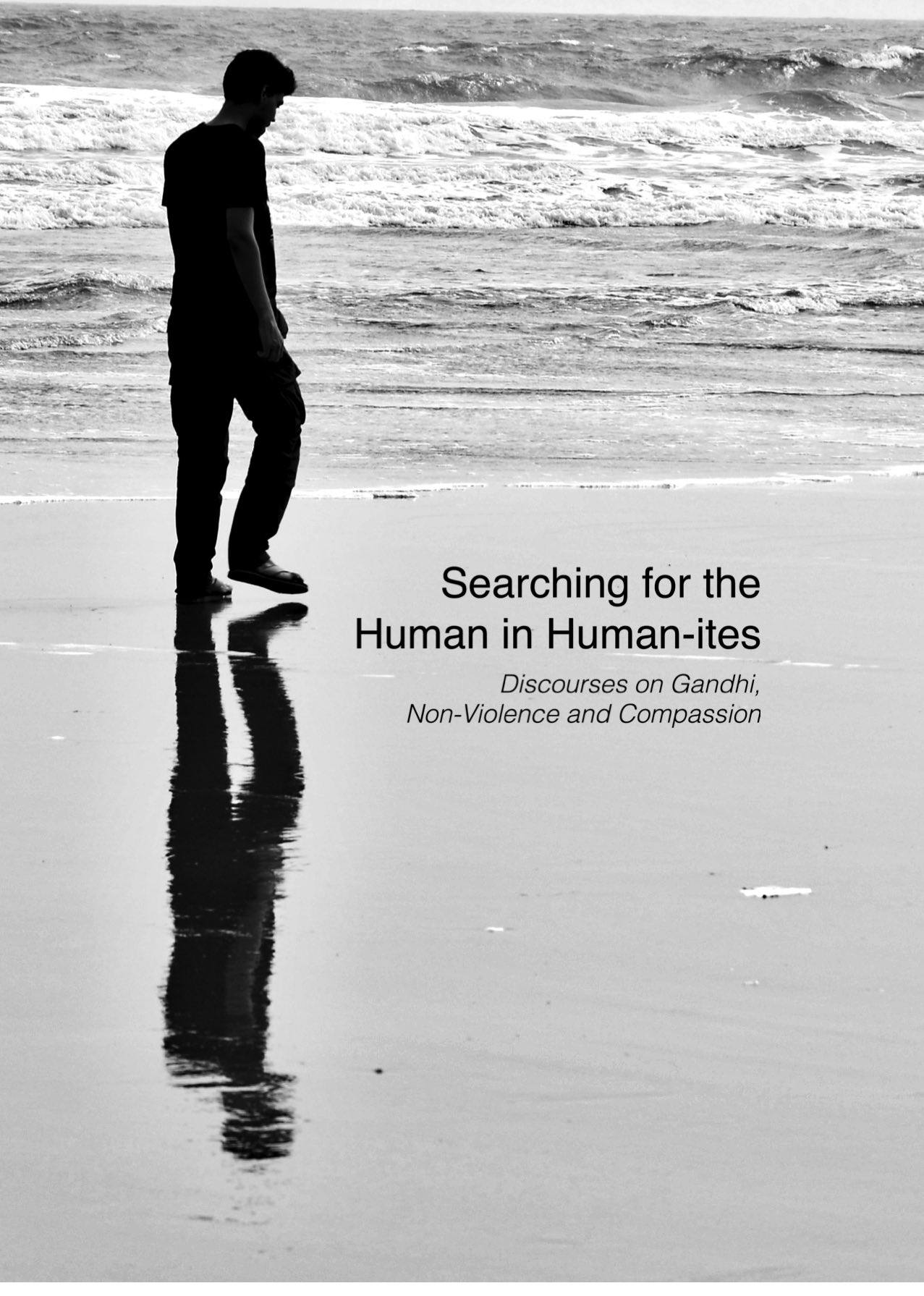Searching for the Human in Humanities
Discourses on Gandhi, Non-violence and Compassion

Mahatma Gandhi’s 150th birth anniversary falls on 2nd October 2019. For many, remembering him on the occasion will be most natural and relevant given the present state of the world. Equally, there will also be persons who would prefer not to remember him for they do not see him as offering any humane pathway out of today’s ever-expanding incidents of structural and everyday violence.
The book, framed within the larger context of humanities and social sciences, would explore the Gandhian social and political thought and practices in the context of an era where the empire of suffering, pain and unwanted deaths seems to have become a growing economic and political enterprise. Can Gandhi’s thought and practice help us recover our humanity? Can the spirit of Gandhi help us recover sanity in a world gone insane in almost all areas of human endeavour? Can Gandhi help us rethink the educational enterprise of humanities and social sciences?
In exploring the Gandhian orientation, an important consideration for the book would be to capture Gandhi’s explicit or implicit association with the reality of compassion. Is compassion the font of his philosophy and practice? How did he articulate compassion? In this, what is his connection with leaders like Martin Luther King, Pope Francis, Daisaku Ikeda, Nelson Mandela, Hans Kung, or the Dalai Lama? Can Gandhi’s type of compassion be taught? Is Gandhi’s compassion unrealistic or cruel? In exploring compassion in Gandhi’s social and political life, can we make a significant contribution to the growing scholarship on compassion?
The book will take the stand that while he may not have been perfect, Gandhi had an orientation and methodology that would have delivered us from the disasters of modernity to a more humane reality, both for humans and other sentient beings. Ecology would have been saved. His way would have expanded our “compassion footprint”. This is so important today to grow sustainable humane futures.
The book would certainly attempt a healthy engagement with those who view him critically, to enrich the discourses on Gandhi, non-violence and compassion. Hopefully, the book will also engage with both committed Gandhian scholars as well as those who work on issues about which Gandhi had an engaging or critical view.
